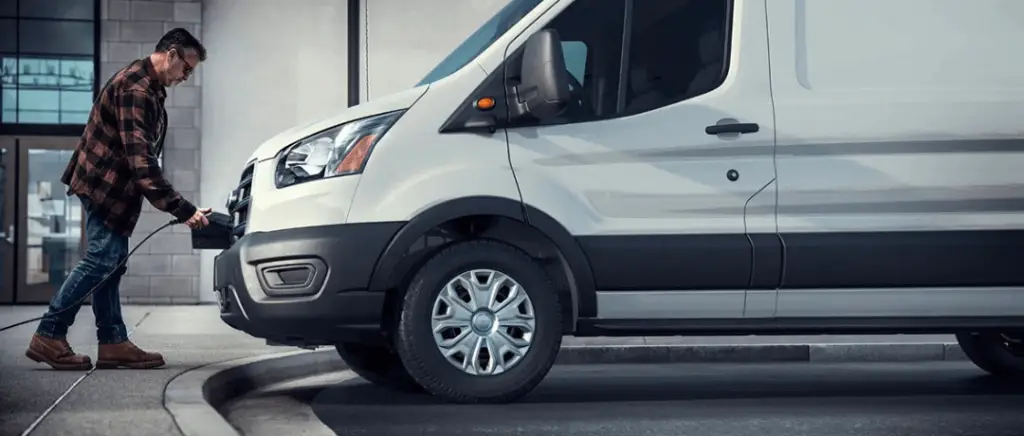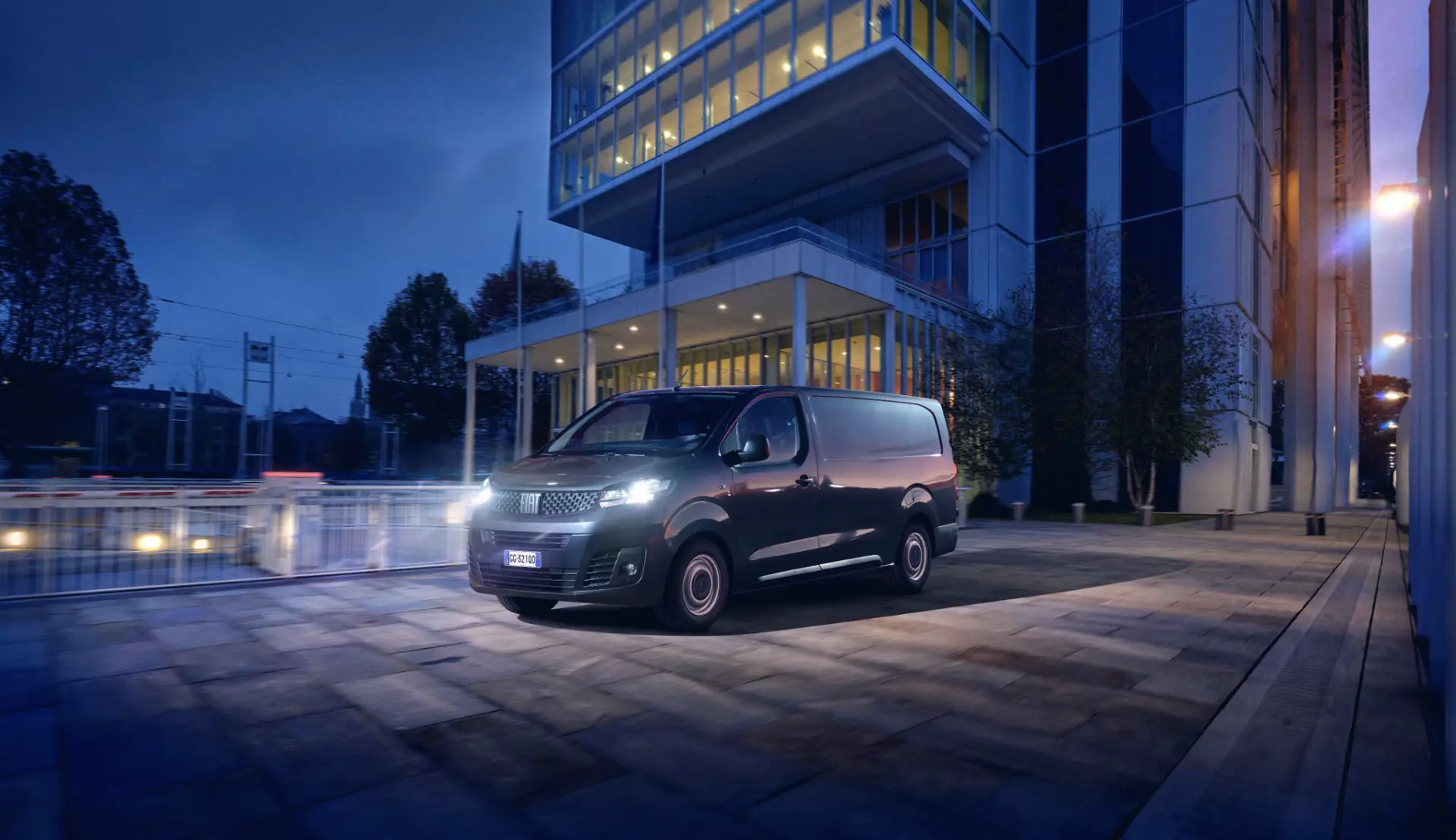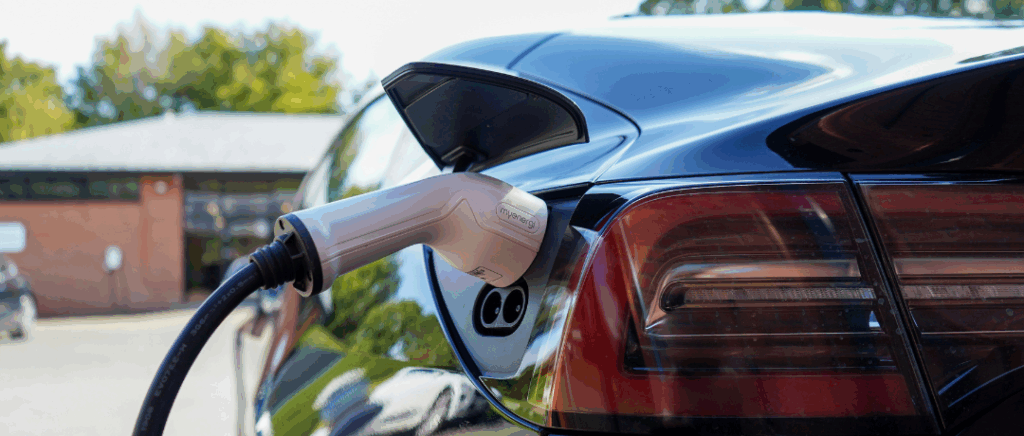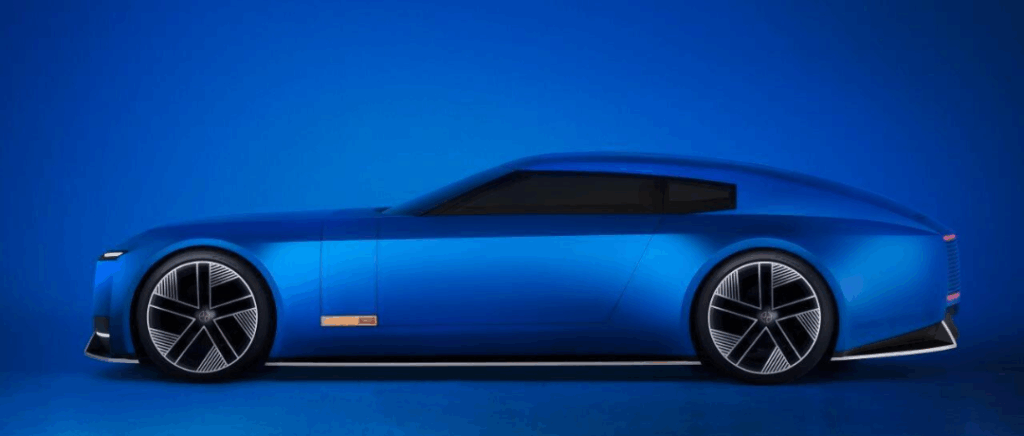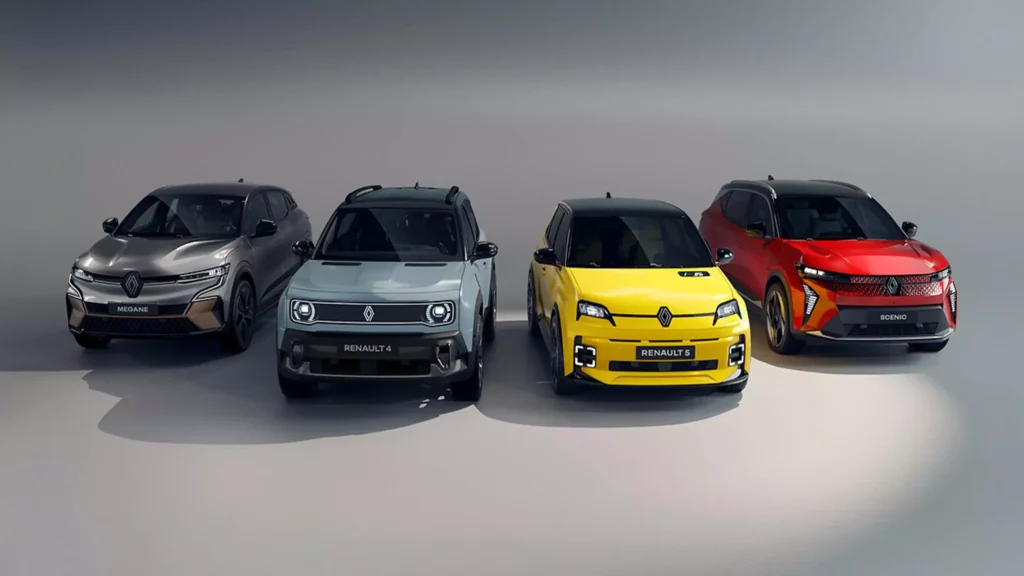Monday to Friday
9am - 12.30pm - 2pm - 7pm
Presentation: the main advantages
Companies are not spared by the ever-increasing cost of living. Many are looking for ways to cut costs. Electric vans are one solution, because they are relatively inexpensive to run. Compared with a light commercial vehicle, whose diesel fuel currently costs on average 2 per litre, With an average fuel consumption of 9 litres, a model can cover a distance of around 100 km..
What appeals to businesses is that electric van owners can recharge their van directly at the workplace. This saves time, especially as the the cost of a charge varies from €1.5 to around €4 for 100 km depending on the electricity supplier and the time slot. For an internal combustion car, the cost is €6 to €9. As part of the energy transition law for green growth, the government has set itself a target of 7 million charging points installed by 2030. Businesses must play their part in this global effort. They are legally obliged to equip part of their car parks with electric recharging points accessible to their employees. To encourage the French to make the ecological transition, some French towns and cities are even offering free recharging points within their urban areas. A godsend for businesses.
Also worth reading ⇒ How much does it cost to recharge an electric car?
Read our article about :
What options are available to VSEs, SMEs and tradespeople?
Buying an electric van is a major decision for any company. If they plan to buy several, the price tag can run into tens of thousands of euros. There are a number of ways in which companies can finance their project.
At Beev, Our automotive experts can help you find the electric vehicle and recharging solution best suited to your needs.
Conventional credit
Applying for a loan from a bank to finance the purchase of electric vans is an option. It commits the company for long periods and can very quickly become a source of debt. It can be a heavy burden for VSEs, SMEs or tradespeople who do not yet have ideal financial stability.
Credit also has a cost, and there are many additional charges (monthly repayments, insurance). It can be less attractive if interest rates are very high, for example. Another risk is that vehicles lose value on the second-hand market if the company wants to sell them. These are key factors to take into account when you consider that companies of this size have many expenses.
But taking out a loan means that she retains her financial resources. She can keep her investment capacity for other projects. As the owner of the electric utility vehicle, she is free to sell it at any time. A good way of renewing her vehicle fleet for example.
Subsidies and financial assistance
To encourage the French to switch to electric cars, the government has introduced a number of measures with the mobility law . Its aim is to make everyday transport easier, cheaper and cleaner. The aim is to reduce CO2 emissions by 37.5 % by 2030. The Climate and Resilience Act introduced in 2021 commits the State to respecting the reduce greenhouse gas emissions by at least 55 % by 2030.
In addition to these two regulations, the public authorities offer subsidies and grants dedicated to professional electric vehicles: the conversion premium and the environmental bonus. They offer a number of financial incentives to encourage the ecological transition. The government's energy transition website even allows you to make a simulation to find out more about the grants and amounts you can claim.
Ecological bonus
Le environmental bonus is a financial subsidy granted by the French government to companies that carry out projects that have a positive impact on the environment. This bonus can be awarded in the form of a tax credit or grantdepending on the project and financing arrangements chosen. The aim of this scheme is to support businesses that invest in clean technologies and environmentally-friendly practices, in order to contribute to France's ecological transition. Projects eligible for the Ecological Bonus for businesses are generally those aimed at reducing greenhouse gas emissions, saving energy or preserving biodiversity.
For companies wishing to change their car fleet in 2023, the ecological bonus has been increased from 4 000 € à 3 000 € for private vehicles and 4 000 € for light commercial vehicles (LCVs)since 1st January 2023. As mentioned above, you can combine these two forms of support for your business, but there are limits: for Class 1 electric commercial vehicles, it is 10 000 €Class 2 commercial vehicles are capped at 12 000 € and class 3 vans have a limit of 14 000 €.
| Type de véhicule | Critères | Personnes morales |
|---|---|---|
|
Commercial vehicle
|
Electric motors
|
40 % of the acquisition cost, up to a maximum of €4,000
|
|
New passenger cars
|
Electric motors
|
27 % of the acquisition cost, up to a maximum of €3,000
|
Cash purchase
This is the easiest way to finance an electric commercial vehicle. Buying an electric car with cash is less expensive in the long term than buying it on credit, because you won't have to pay interest on a loan.
The administrative formalities are less complicated and less time-consuming than with other financing options (credit application, creditworthiness study, guarantees, administration costs). You can also take advantage of government grants and subsidies.
A cash purchase is expensive and represents a major investment for small businesses. For example, the Peugeot e-Partner costs 32 700 €As this represents a major investment, it can be difficult to find the necessary funds.
Long-term leasing
La long-term rental (LLD) allows a company to hire one or more electric commercial vehicles for a fairly long period. The lessee pays a monthly rental fee to use the vehicle and is responsible for any maintenance and repairs required during the lease period. For example, a lessee signs a long-term hire contract (usually 12 to 60 months) for a Renault Van Kangoo E-Tech. He pays monthly rent of 512 €/month including :
- vehicle rental
- maintenance
- Assistance
- Financial loss cover
- the electricity required for recharging
At the end of the contract, you have the choice of renewing the contract, returning the vehicle or buying it at a negotiated price.
Electric commercial vehicles are also available for leasing on Beev.
Find out more about Long-term leasing
Operational leasing is often used as an alternative to buying an electric vehicle, because it allows the lessee to enjoy the benefits of owning an electric vehicle without having to bear all the associated costs.
It's an excellent way for companies to make the transition to electric vehicles without the high acquisition costs. What's more, operational leasing also offers a number of advantages in terms of flexibility and ease of use. Companies can choose from a range of models and sizes of EUV to meet their specific needs, and they don't have to worry about maintenance or battery management, as these tasks are usually taken care of by the leasing company.
It is important to note that the long-term leasing of EUVs is not without risk, so it is important to be aware of the risks involved in leasing these vehicles and to ensure that leasing contracts include appropriate cover clauses. Companies can also check the tax incentives for electric vehicles before making a decision to assess the additional financial benefits.
In summary, leasing electric commercial vehicles is an increasingly popular choice for businesses due to the growing demand for cleaner, more sustainable means of transport, lower acquisition and running costs and the flexibility and ease of use it offers. It is important to check the risks associated with leasing and the tax incentives to assess the additional financial benefits.
Hire with purchase option
La Hire with Purchase Option (LOA)is a type of vehicle leasing contract that allows a company to lease an electric commercial vehicle for a fixed period, generally from 12 to 60 months, and to have the option of buying the vehicle at the end of the lease period, which is the great advantage of this type of financing. The company pays a monthly instalment to use the electric vehicle, and at the end of the contract has the option of buying the vehicle back at a price fixed in advance, which is often very attractive.
The LOA is an interesting option for SMEs, VSEs and tradespeople who don't want to make an immediate commitment. They have the opportunity to drive a brand new vehicle without having to make an immediate purchase, but can do so at the end of the lease period. The LOA is particularly attractive because it allows maintenance and repair costs to be spread over a longer period, and also includes tax and insurance. This financing option also gives small businesses greater flexibility, allowing them to renew their vehicle fleet much more easily without having to worry about reselling the electric commercial vehicles in their fleet.
If you opt for this type of finance, make sure above all that you have the capacity to pay the monthly instalments. Beev strongly recommends that you find out about the legal framework governing the LOA. Remember, you are not the owner of the electric commercial vehicle! Finally, make sure you're properly insured, if you're not:
- You will have to pay for repairs or damage to other vehicles.
- If your vehicle is damaged or destroyed in an accident or other incident, repairs or replacement will be at your expense, unless you opt for financial loss insurance.
- In the event of a breakdown, any repair or replacement of the battery or other components of your vehicle will be at your expense unless you opt for vehicle maintenance and assistance.
Find out more about Hire with purchase option
Discover our exclusive offers
Conclusion
Buying a cash electric vehicle requires a significant investment, and it's difficult to find the necessary funds. It's vital to assess your company's financial situation and compare the various financing options before making a decision.
It's important to weigh up the advantages and disadvantages of buying an electric vehicle on cash, credit, leasing or hire purchase before making a decision. It may be useful to get advice from a professional (banker, broker, etc.) or to compare the different financing options to find the solution best suited to your situation. At Beev, our experts are on hand to answer your questions and provide the best possible support for your projects.
